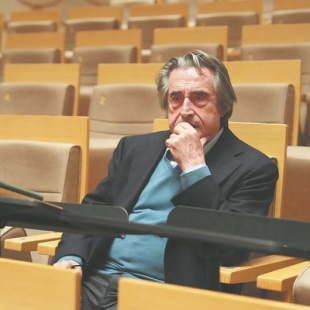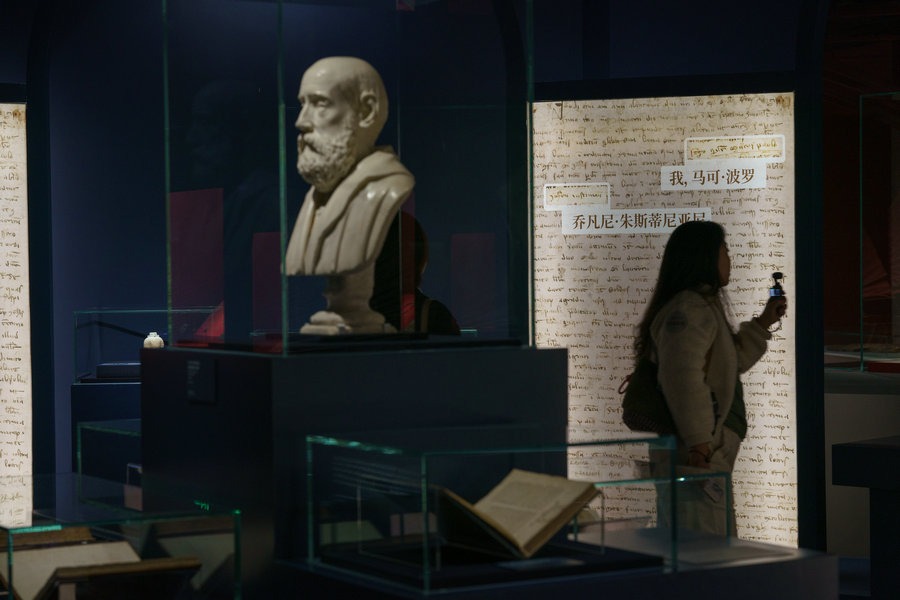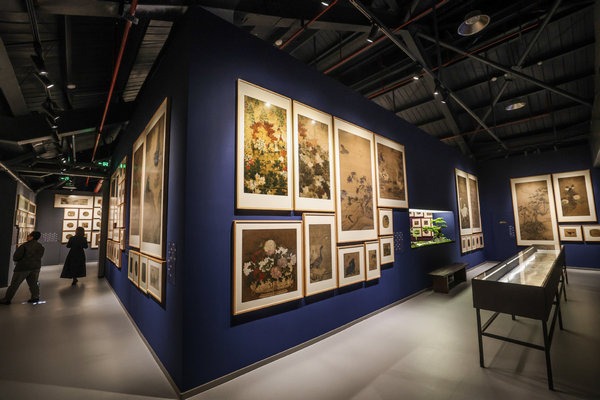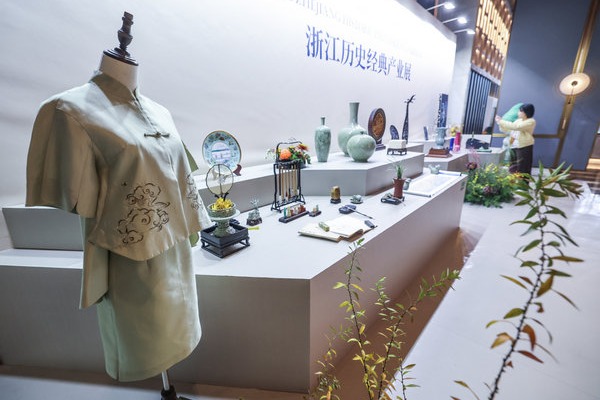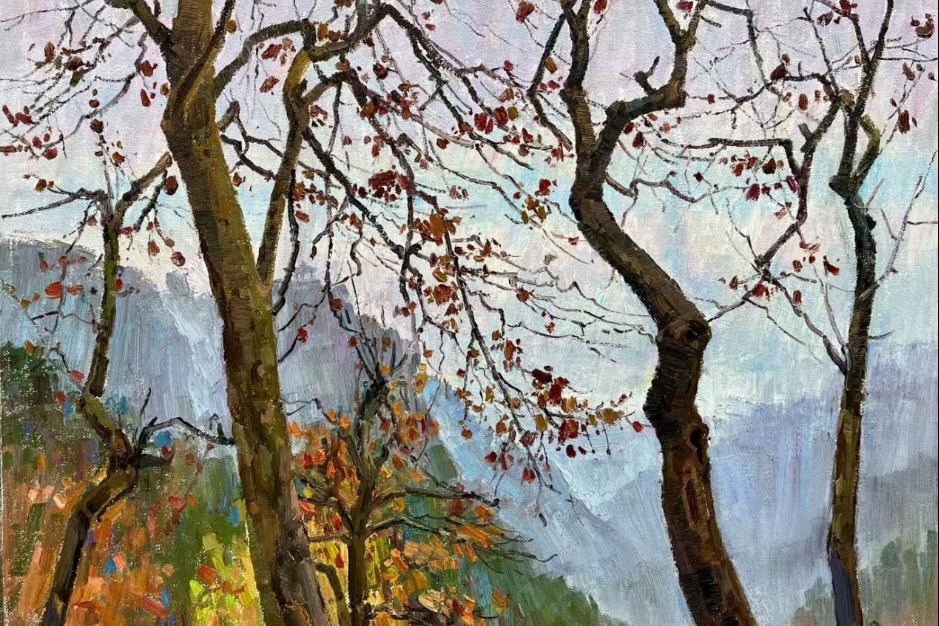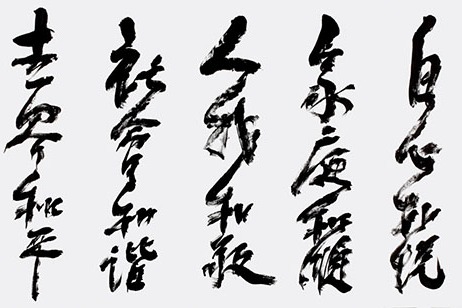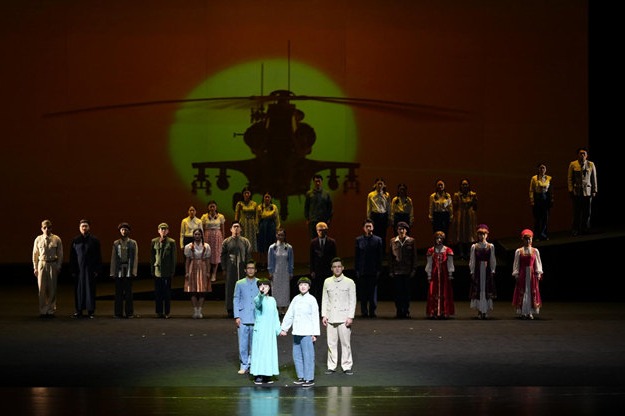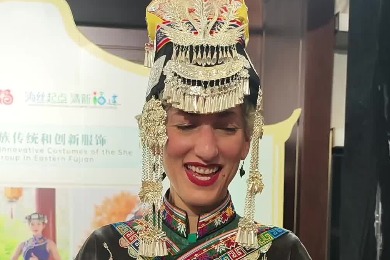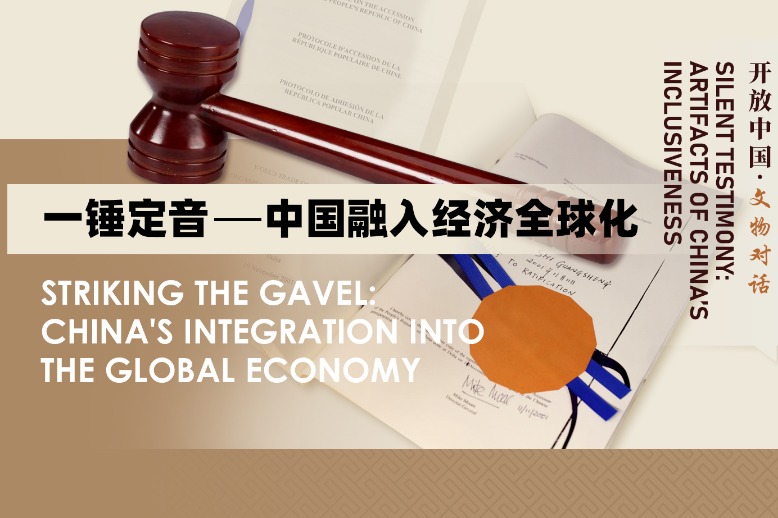The maestro and his opera academy in Suzhou
Riccardo Muti's training program makes first China landfall with weeklong experience that is already changing young Chinese lives, Chen Nan reports.


Muti studied the piano and composing for 10 years before learning to conduct.
"You have to know music very well. You have to know how to build an opera — what to say to the singers, how to work with a chorus, the relationship between orchestra and stage, and so on," he says, and adds that when the audience comes to the theater to enjoy an opera, they want to hear the tenor, the soprano, and whether the tenor can hit the high C.
"When you go to hear Mozart or Wagner, you go to hear Mozart or Wagner. The composers are the creators, and the singers and conductors must do exactly what the composers asked — not change what is written for the sake of a bigger sound or a more glamorous scene," Muti says.
He cites the second act of Verdi's opera Aida, which celebrates Egypt's victory with a parade.
"Many grand productions of Aida present the second act in an exaggerated way, with horses and elephants appearing onstage. However, it's a tragic story, a tale of forbidden love. It should be presented in a more reserved and mysterious way," Muti says.
He also discusses the challenges of singing in Italian, a language that he says is built to be sung, and which can be difficult for nonnative speakers to master.
"When you sing in Italian the right way, you can deliver the emotions correctly. There are different colors you can hear in Italian operas," Muti says. He gives the example of Cavalleria Rusticana, which is set in a small village square in Sicily in the late 19th century. The opera focuses on beautiful village scenes and the lives of the rural peasantry, whose struggles are central to the narrative, highlighting the social dynamics and emotional complexities of country life in 19th-century Italy.
"All of that needs to be portrayed through music, enhancing the realism and emotional intensity of the operatic experience," Muti says.
The conductor is aware that many Chinese classical music enthusiasts know him from his time conducting the Vienna Philharmonic's New Year's Concert, which he has done in 1993, 1997, 2000, 2004, 2018, and 2021. He is set to do so again at the orchestra's 2025 New Year's Concert.
The maestro also used his trip as an opportunity to visit museums, learning about Suzhou's cultural heritage.
Conductor Fang Zhongling, 27, is one of the standout participants in the Suzhou program.
"I am participating in this academy because I want to learn from maestro Muti's experience and the essence of Italian opera. Maestro Muti's pursuit of drama in music has left a deep impression on me. He said that every note has a meaning, and every measure has drama. This has inspired me to rethink the meaning, context, and dramatic elements behind every character and every line in opera, starting from the script and lyrics," says Fang, who graduated from the China Conservatory of Music, and the UK's Royal Birmingham Conservatoire. He is now assistant conductor with the Shenzhen Symphony Orchestra.
Fang also says that the maestro brought with him a deep knowledge of authentic Italian opera culture, which is not easy to absorb in such a short period of time.
Contact the writer at chennan@chinadaily.com.cn


